
Course DescriptionsEducational Psychology and DevelopmentInclusive Education and Special NeedsITL604 Learners and Learning INational UniversityTeacher Training and Professional Development
ITL604 Learners and Learning I
This course examines psychological, sociocultural, linguistic,...

CourseworkEducational Planning and StrategyITL600 Becoming a TeacherNational UniversityProfessional Development in EducationTeaching Credentials and Certification
Roadmap For Success
Throughout this course, we have identified...

CourseworkEducator Professional DevelopmentITL600 Becoming a TeacherNational UniversitySocial and Emotional Learning (SEL)Teaching Strategies and Classroom Management
Understanding Social-Emotional Learning
Social-emotional learning (SEL) is the process...
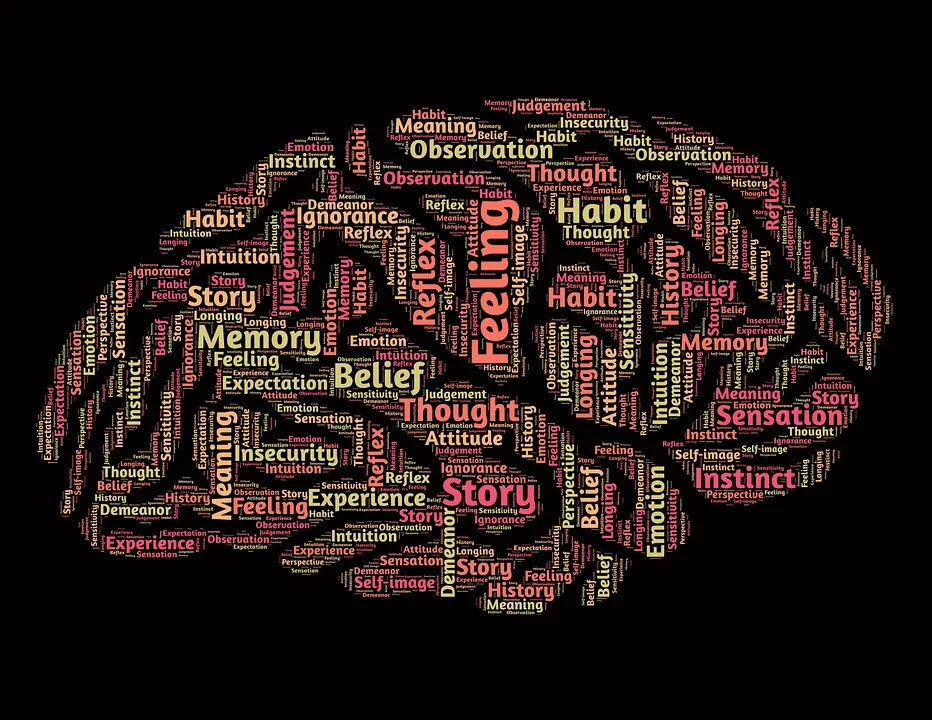
CourseworkEducation and Community InvolvementITL600 Becoming a TeacherNational UniversityParenting and CaregivingSocial and Emotional Learning (SEL)
Social and Emotional Learning for Parents – CASEL
This video (SEL for Parents –...
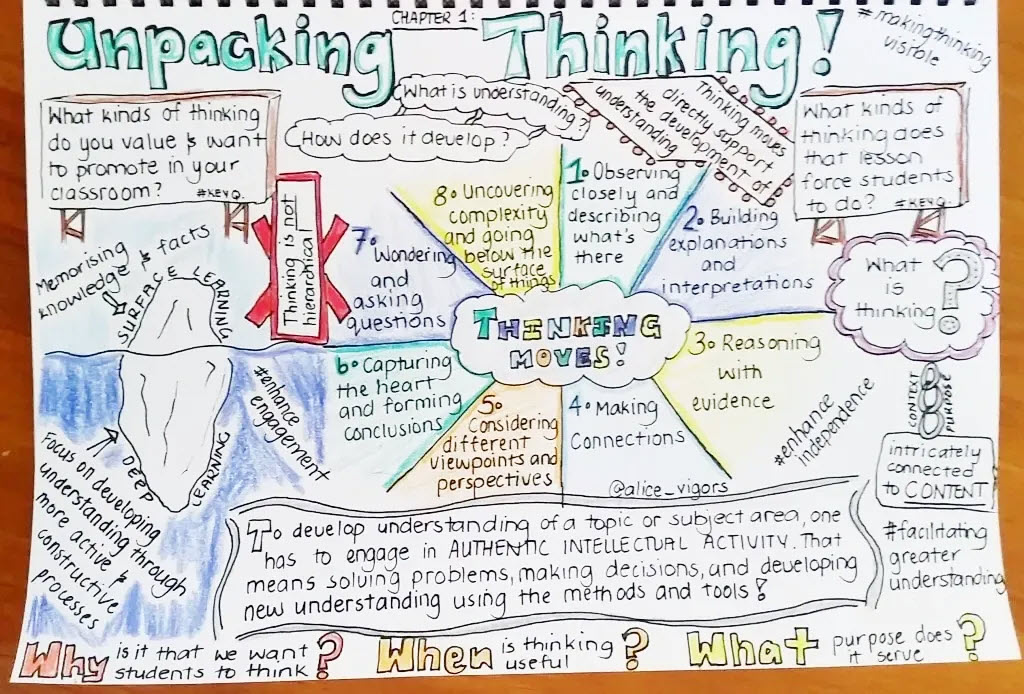
CourseworkEducational Standards and AssessmentInstructional Strategies and Classroom ManagementITL600 Becoming a TeacherNational UniversityTeacher Professional Development
Unpacking the TPEs & Reflecting on Them
As teacher candidates, we are acquiring...
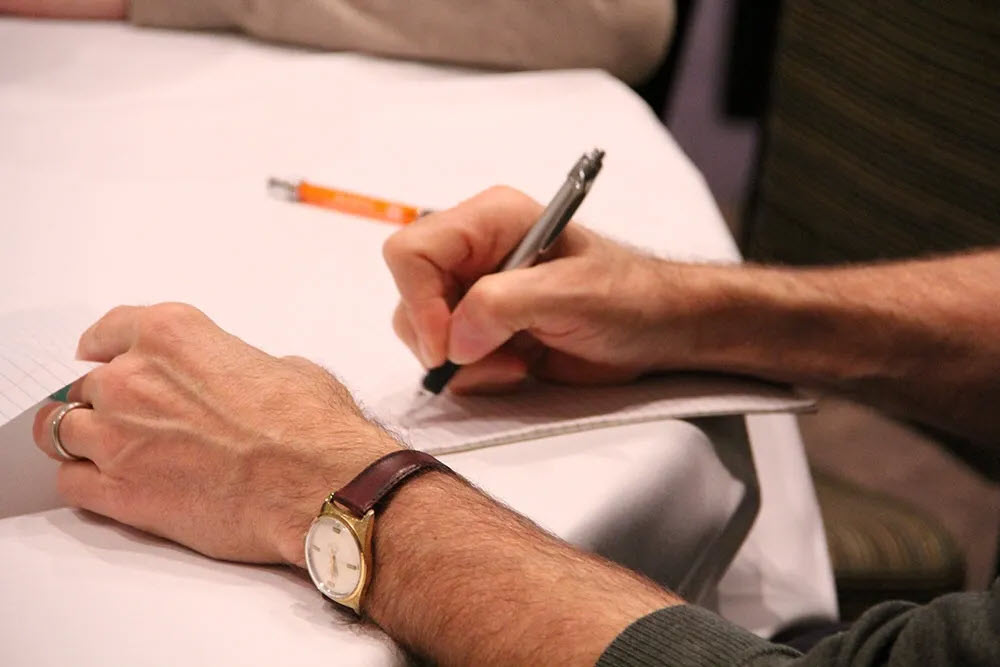
CourseworkEducational Methods and StrategiesITL600 Becoming a TeacherNational UniversityStudent Engagement and LearningTeacher Development and Training
Reflective Practice and Rubric Design
Madison is a student teacher. Madison...

CourseworkCultural Awareness in TeachingITL600 Becoming a TeacherMulticultural EducationNational UniversityTeacher Professional Development
Cultural Iceberg
Teacher identity, culture and values play...

Classroom ChallengesCourseworkITL600 Becoming a TeacherNational UniversityPeer Support in EducationTeaching Strategies
Advice to Andrea
For the Week 2 Discussion assignment,...

CourseworkEducational Growth StrategiesITL600 Becoming a TeacherNational UniversityReflective Self-AssessmentTeacher Professional Development
ITL Teacher Dispositions Self-Assessment
Dispositions are qualities one possesses or...
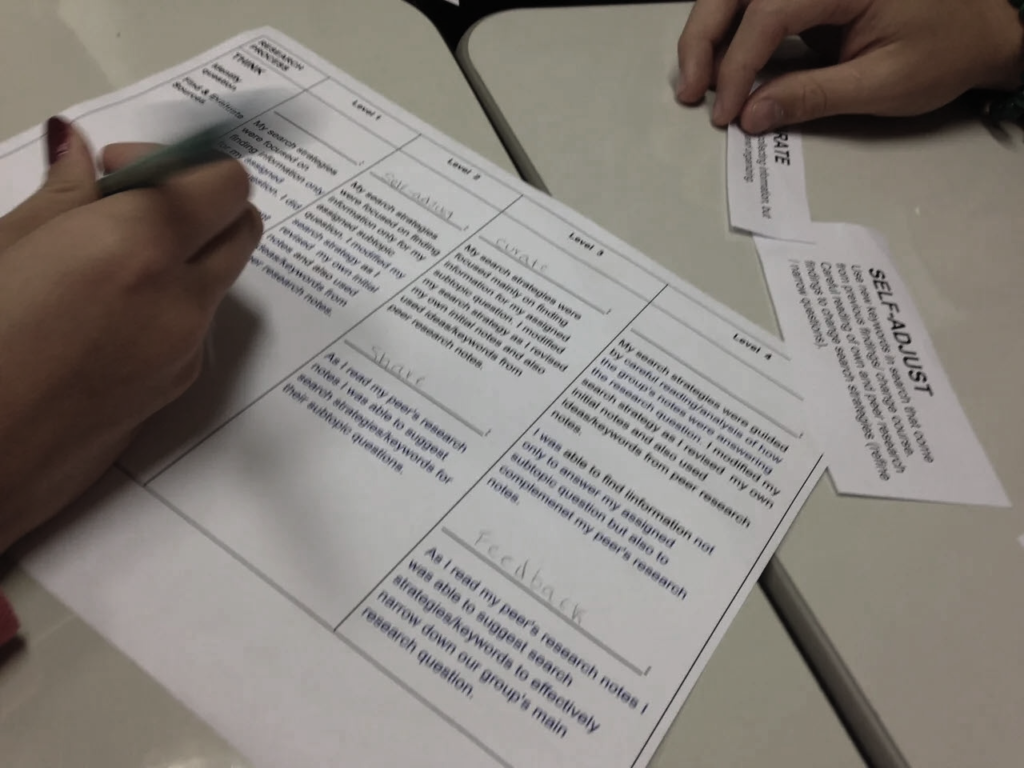
Academic StandardsCourseworkEducational AssessmentITL600 Becoming a TeacherNational UniversityReflective Practice
Unpack Rubrics
The directions for Assignment 1B were...

Academic PoliciesCourseworkITL600 Becoming a TeacherNational UniversityProgram RequirementsTeacher Credentialing
Scavenger Hunt
Assignment 1A for this week required...
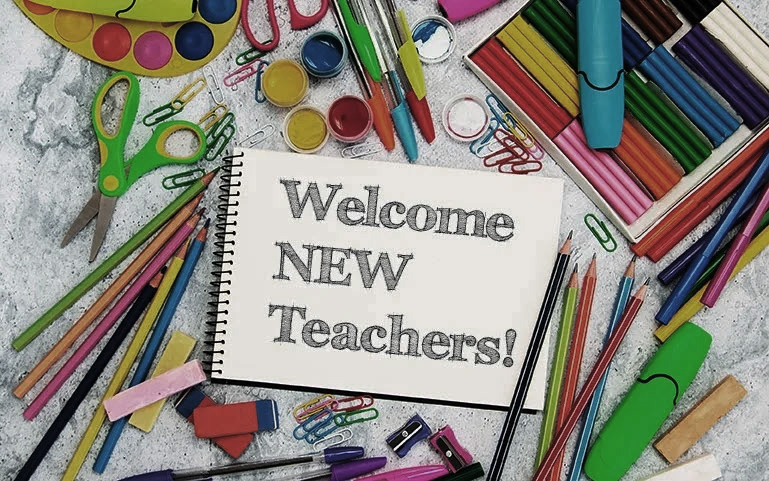
CourseworkEducational AspirationsITL600 Becoming a TeacherNational UniversityTeacher IntroductionsTeaching Challenges
Video Introduction
For the Week 1 Discussion assignment,...